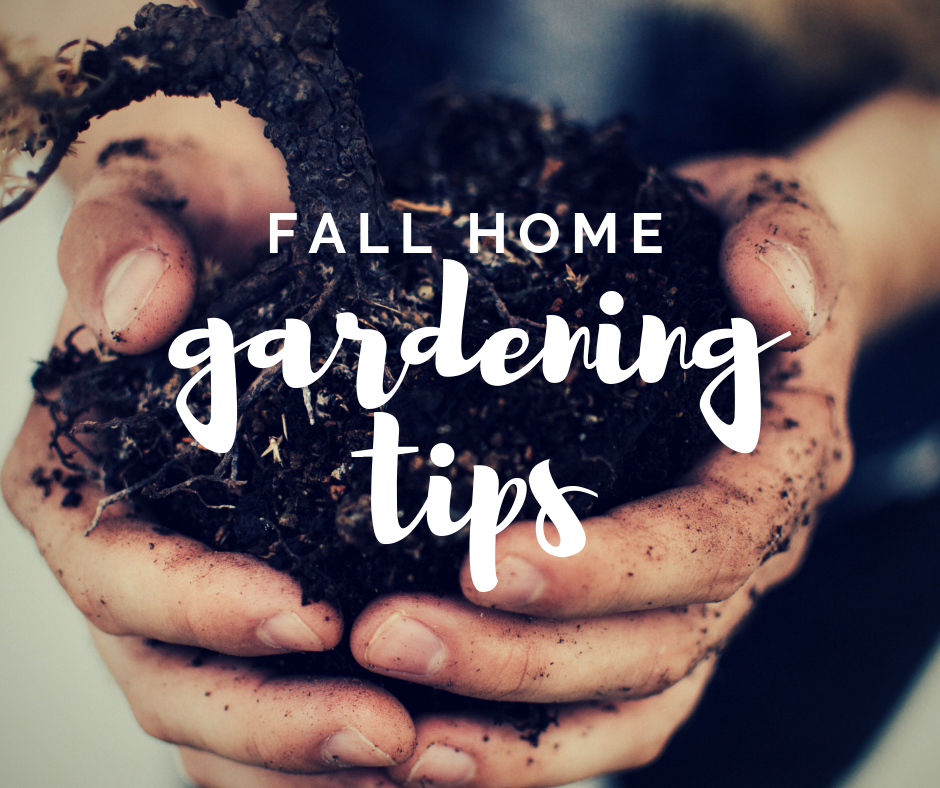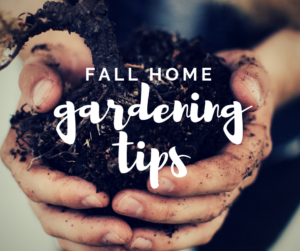Fall Home Gardening Tips
It’s hard to believe we’re still experiencing temperatures near 100, but soon enough, we’ll be able to enjoy cool, crisp mornings and pumpkin flavored everything!
Each fall, my family has taken up the hobby of gardening in our backyard, and our thumbs have been increasingly greener with more practice under our belts. It feels so nice to cook with the herbs and veggies we’ve grown with our own hands. The kids get excited to see new growth and pick the actual fruits of our labor. It also encourages my picky eaters at the table to try new things, because there’s an added thrill of sampling things they helped plant and grow. They literally see the process from seed to table.
There’s a few things we’ve learned from our little home garden. We have learned the hard way that it’s important to incorporate plants that are Texas tolerant. Meaning, plants that have proven to withstand the drought, heat and freeze swings we’re so used to seeing here in Central Texas. In our backyard we stick to this Fall veggie list:
Fall Veggies in Texas
- Leaf lettuce
- Broccoli
- Brussels sprouts
- Carrots
- Tomatoes
- Cucumber
- Garlic clove
- Parsley
- Spinach
- Yellow squash
- Green onion
- Beets
- Bulb onion
- Cabbage
Not only do we have to be careful when choosing Texas tolerant veggies, we also have to be mindful of the insects that would love to fest on our garden as well.
Aphids and Caterpillars can destroy a plant overnight. There have been plenty of times we go out for our morning watering routine to find a plant completely devoured by one of these nasty pests. In an effort to keep our home garden truly organic, our first line of defense has been to add in the “good” bugs into the mix. I know it’s easy to group all bugs into the “bad” category, but there are several species that naturally help eliminate the harmful pests from your yard.
Ladybugs are a good insect to have in abundance among your home garden or other landscape areas. Ladybugs are a natural predator to Aphids, and will help maintain a healthy and organic garden area for your family.
Caterpillars can also quickly munch through an entire plant, and a carefully placed praying mantis can help take care of your caterpillar infestation. Other bugs such as the Honeybee and Dragonfly can make a positive impact on the overall health of your garden area.
Other helpful gardening tips:
- Remove infested plants and soil. Do not recycle them to compost to prevent the problem from reoccurring.
- Consider using horse or cattle manure in place of commercial fertilizer.
- Use fabric-like plant covers like row cover. Covers can not only help protect from your plants from wind and freezes, but also leaf eating caterpillars and seed eating birds.
- Cages around your plants can help prevent deer or other rodents, such as rabbits, from nibbling on your tasty greens.
- Try pairing plants in your garden that act as natural pesticides, such as chili pepper and garlic.
- You can attract insect-eating birds like bluebirds, mockingbirds, and scissor-tails to nest in your yard by providing nesting boxes.











